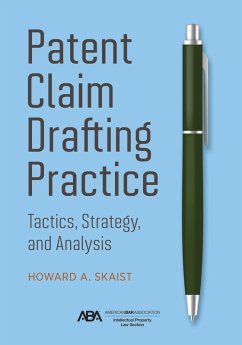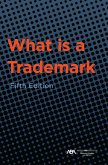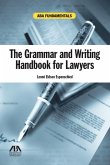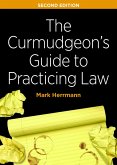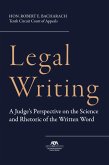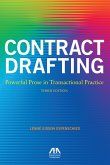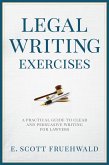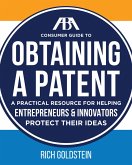No existing work instructs patent practitioners regarding the legal pitfalls of patent claim drafting in light of major court decisions and related to the substantive aspects of patent law as it exists today in a portable and relatively compact form. Patent Claim Drafting Practice addresses common concerns and/or pitfalls in this area of law, offering invaluable knowledge drawn from experience.
For the less experienced practitioner, Patent Claim Drafting Practice discusses the basics of patent claim drafting. In particular, patent claim drafting mechanics is treated in detail. Extensive discussion is provided on types of patent infringement and types of patent claims. Patent claim construction is also handled. This discussion of the legal rules related to claim construction is used as a springboard to develop a set of principles to guide claim drafting.
For the practitioner with a bit of experience desiring to sharpen his or her skills, Patent Claim Drafting Practice develops and provides a set of guiding principles to use when drafting patent claims, both basic principles and relatively advanced principles, respectively identified as such. The book, therefore, provides an extensive discussion for handling many important drafting issues, such as patent eligibility considerations, as simply one important example. In addition to providing up-to-date legal analysis based on up-to-date case law, many other considerations that may affect how best to draft patent claims are discussed, such as underlying economics or markets, differences in technical arts, etc. Throughout the book, discussions are supported with many examples of patent claim drafting using state of the art technology examples.
The book, consequently, covers a host of patent law considerations and doctrines that have the potential to affect the drafting of patent claims. The book highlights key principles using bolded text within text boxes throughout. In addition to listing key principles at the beginning of each chapter and in an appendix, the book also includes in an appendix a sample of patent application boilerplate that covers a wide range of existing technologies.
For the less experienced practitioner, Patent Claim Drafting Practice discusses the basics of patent claim drafting. In particular, patent claim drafting mechanics is treated in detail. Extensive discussion is provided on types of patent infringement and types of patent claims. Patent claim construction is also handled. This discussion of the legal rules related to claim construction is used as a springboard to develop a set of principles to guide claim drafting.
For the practitioner with a bit of experience desiring to sharpen his or her skills, Patent Claim Drafting Practice develops and provides a set of guiding principles to use when drafting patent claims, both basic principles and relatively advanced principles, respectively identified as such. The book, therefore, provides an extensive discussion for handling many important drafting issues, such as patent eligibility considerations, as simply one important example. In addition to providing up-to-date legal analysis based on up-to-date case law, many other considerations that may affect how best to draft patent claims are discussed, such as underlying economics or markets, differences in technical arts, etc. Throughout the book, discussions are supported with many examples of patent claim drafting using state of the art technology examples.
The book, consequently, covers a host of patent law considerations and doctrines that have the potential to affect the drafting of patent claims. The book highlights key principles using bolded text within text boxes throughout. In addition to listing key principles at the beginning of each chapter and in an appendix, the book also includes in an appendix a sample of patent application boilerplate that covers a wide range of existing technologies.
Dieser Download kann aus rechtlichen Gründen nur mit Rechnungsadresse in A, D ausgeliefert werden.

